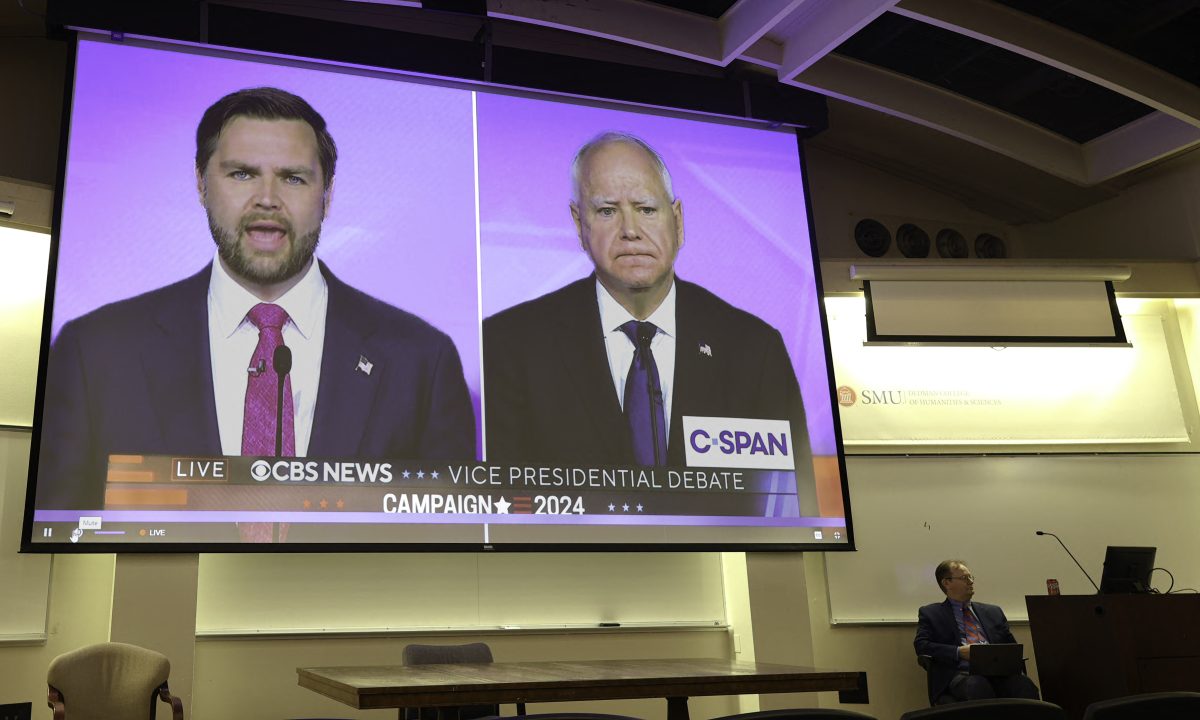Sitting in Rebecca Innocent’s classroom gives you the feeling of sitting with a close group of friends. Joking and laughing are an everyday ritual in Innocent’s Rhetoric courses. Not only does Innocent provide a great education, she also becomes a good friend and mentor if you let her. Her office is always open, and she really cares about each and every one of her students.
Being very personable and caring, Innocent’s first career choice was to be a doctor. Trying to veer away from being a professor like her father, she wanted to be a doctor since she was 10. She was a pre-med undergrad at the University of Illinois until her senior year, when she decided to switch her major rather than face four more years of school.
After a year or so of being out in the “real world,” Innocent decided to quickly return to the safety of grad school. With a 3.99 GPA she received a Marshall Fellowship to study in England.
After a year in Europe, she returned with a Masters in English. After taking an assistant teaching job at the University of Illinois, Innocent had found her place in life.
“To my amazement, I fell in love with teaching rhetoric, and thirty years later, I have not yet fallen out of love with it.”
Having taken her first rhetoric course with Innocent and currently enrolled in her rhetoric two classes, Allison Owens says, “Professor Innocent is one of the greatest mentors I have had, I can go to her office for anything and know that she will be there for me.”
Another student, Katie Krauskopf, is taking Innocent’s class for the first time. She says, “She genuinely cares about what you have to say and what you write. She is a very loving a personable person.”
Innocent also states that, “Teaching is never boring because it involves people (and because I get to do something brand new every sixteen weeks.”
Professor Innocent said she really believes that teaching rhetoric helps students because everyone needs to learn how to communicate, because communication is universal.
Innocent summed up her thoughts by saying, “I wish all students, current and future, could perceive classes as opportunities rather than merely necessities or even obstacles, but I am relatively convinced that for most of us, such a perspective comes with hindsight.”








